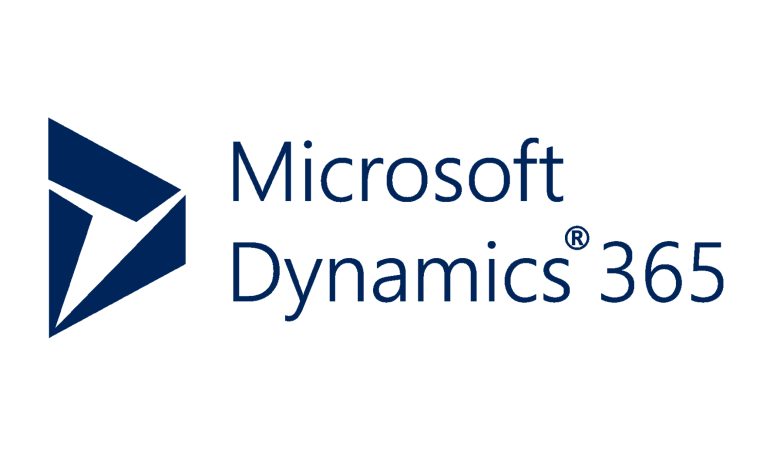Things to Consider while Migrating Data to Microsoft Dynamics 365 CRM

Microsoft Dynamics 365 CRM is an enterprise-level customer relationship management (CRM) solution that helps organizations streamline their business processes. With automation, analytics, and personalization features, Dynamics 365 CRM can help transform how businesses interact with customers and deliver better customer experiences.
However, if your organization is already using a different CRM system, you may wonder if you should migrate your data to Dynamics 365 CRM. Migrating data can be a complex process, but with careful planning and consideration of the following factors, it doesn’t have to be daunting. In this blog, we’ll discuss the things you should consider before migrating to Dynamics 365 CRM.
Firstly, What is a CRM?
A CRM system can manage your clients, track new prospects throughout the customer journey, and track marketing campaigns, just a few features. Businesses can streamline their departmental administrative processes to create an integrated system for effective internal and external communication by converting to CRM systems, such as Microsoft’s Dynamics 365 CRM. Now let’s understand why people migrate from local or on-premise CRM to Dynamics 365 CRM.
Why do people migrate to Microsoft Dynamics 365?
There are several reasons why some companies may choose to migrate to Microsoft Dynamics 365. Some common reasons include:
- Integration with other Microsoft products: Dynamics 365 is part of the Microsoft ecosystem and can be easily integrated with other Microsoft products such as Outlook, Excel, and Power BI. This can make it easier for companies already using other Microsoft products to adopt Dynamics 365.
- Cost: Dynamics 365 can be more cost-effective than Salesforce for some companies, especially those already using other Microsoft products, and can take advantage of bundled pricing.
- Customization options: Dynamics 365 offers more flexibility and customization options than Salesforce. This can benefit companies that need to tailor their CRM system to meet their specific business needs.
- Ease of use: Some users may find Dynamics 365 more user-friendly and easier to navigate than Salesforce.
It’s worth noting that the choice of CRM platform depends on each company’s specific needs and requirements. It’s essential to evaluate the features, cost, and support options of both Salesforce and Dynamics 365 before deciding.
Your To-do List Before Migrating to Dynamics 365 CRM?
Organize Data
Consider this a chance to sort through data from the various places it is stored, such as Excel and current CRM programs, before switching to the new system. To free up more storage, delete or reassign duplicate records. Ensuring data integrity prevents costs associated with post-migration inaccuracies and enables a data reset for your new CRM.
Additionally, it saves the time and effort of transferring duplicate or unnecessary records to the new system. Although this process will take some time, a comprehensive data cleanse is worthwhile.
Using CRM Data Migration Software
Utilizing a powerful data migration tool that can automate processes and relieve the burden of laborious tasks is one of the most common CRM data migration techniques. The goal is to use a tool that automatically migrates CRM data and is simple to customize to any organization’s needs. Companies can quickly use the Microsoft Import Wizard to move data into the CRM. If not, some companies like DynamicsSmartz. can help you with seamless migration. These tools greatly facilitate the process of data migration. However, this approach is only effective if the architectures of the two applications are comparable.
Perform Some Tests Before Moving
Stop right there if you believe your migration of CRM data to Microsoft Dynamics 365 CRM is complete. Run some tests to ensure that the operation is successful and that all of the data is being transferred correctly before your data migration process is initiated. Before the migration, performing a test run can help you identify potential errors and estimate the time and materials needed. These can be handled prior to implementation and guard against any kind of error in the live environment. You also have everything to gain if something goes wrong.
Quality Control Prior to Launch
Enlist end users’ assistance to test the migration prior to launch. Verify workflow functionality that on-premises and cloud fields match, and look for any missing data. Enterprises can check if the migration satisfies system requirements during this pilot test in the user acceptance testing (UAT) environment and identify any errors or inaccuracies before the go-live date.
To Sum Up
Evidently, migrating to a new CRM like Microsoft Dynamics 365 CRM can be a daunting task. To prepare your team properly, you must first be ready. Knowing your business and its reality is the most essential factor in all decisions, from selecting a platform to comprehending the data map. But you don’t have to worry about that as long as the professional team of DynamicsSmartz is here at every step of the migration process. What are you waiting for? Get in touch with the team and get the best for your business.





